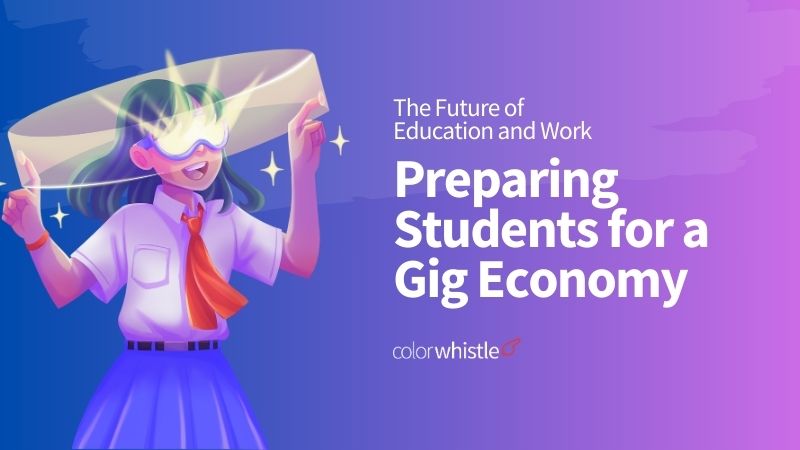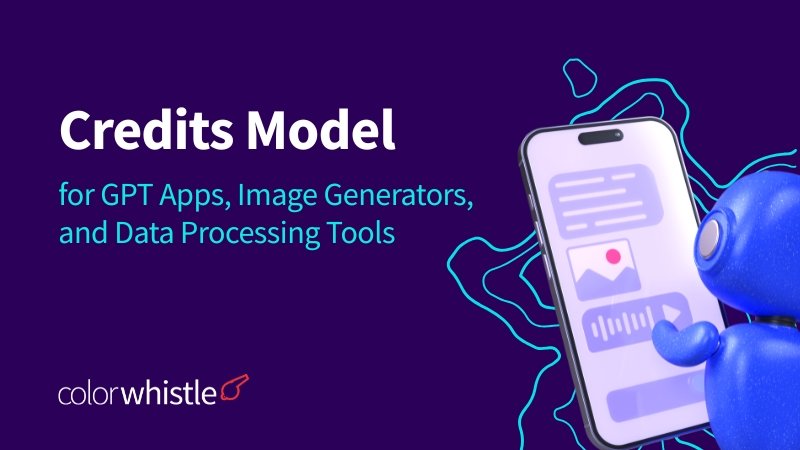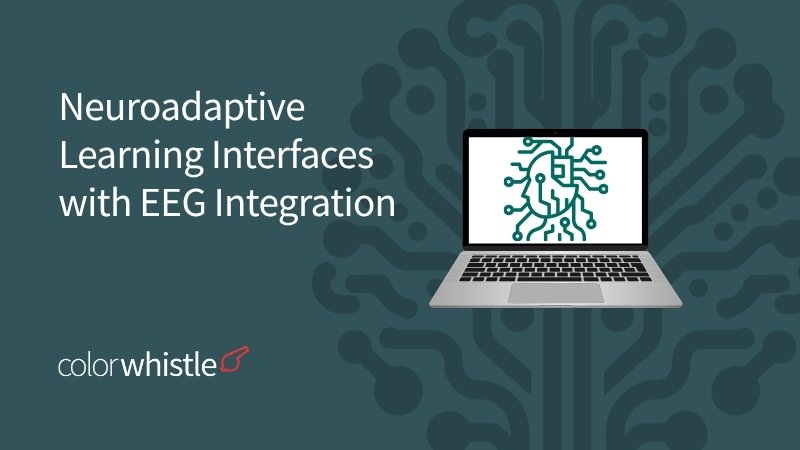As we stand on the precipice of an unprecedented transformation in both education and employment, one thing is clear: the gig economy is here to stay. With the rise of freelancing, remote work, and short-term contracts, the traditional career model is undergoing a dramatic shift.
The gig economy has seen significant growth in recent years. According to a report by McKinsey, around 36% of U.S. workers engage in some form of independent work, which includes gig jobs. This trend is not limited to the United States; globally, the gig economy is projected to expand as technology facilitates remote work and flexible job arrangements.
And if you’re in the education industry, you’re probably planning to build an AI platform for your institute! Check out our service pages, “AI App Development Services or AI Consulting Services and Integration Services” to learn more about AI platforms.
What is Gig economy?
The gig economy refers to a labor market characterized by the prevalence of short-term, flexible jobs (gigs) as opposed to traditional, long-term employment contracts. In this model, workers often operate as freelancers, independent contractors, or temporary workers, and they typically find work through digital platforms or apps.
Did you know?
In 2023, the projected gross volume of the gig economy is expected to reach 455.2 billion U.S. dollars.
Why the Current Education System Falls Short
Traditional education systems were designed to prepare students for stable, long-term jobs. These models focused on teaching subject matter knowledge within rigid disciplinary boundaries. However, with the rise of gig work, these models are quickly becoming outdated.
Nearly 56% believe schools should focus on teaching students how to learn instead of what to learn, to better prepare them for future jobs that don’t yet exist. This aligns with the IFTF’s prediction that 85% of jobs in 2030 have yet to be invented, while 44 percent disagree. These contrasting opinions may challenge business leaders in effectively preparing for an uncertain future.
Also Read
Key Skills for the Gig Economy
Entrepreneurial Thinking
Gig workers are, in essence, entrepreneurs who must manage their careers. To succeed, they need skills in personal branding, negotiation, networking, and financial literacy. A report by the Global Entrepreneurship Monitor found that entrepreneurial activity is rising worldwide, suggesting a greater need for entrepreneurship education.
Digital Literacy
Since much of gig work is facilitated by digital platforms, understanding how to use technology is critical. As businesses increasingly adopt AI and automation, students need to be proficient not only in basic digital tools but also in emerging technologies like blockchain, artificial intelligence, and data analytics.
Soft Skills
The gig economy often involves working on short-term projects for multiple clients. This requires excellent communication, teamwork, adaptability, and emotional intelligence.
A McKinsey report emphasized that soft skills such as critical thinking, leadership, and creativity are becoming more crucial as automation takes over routine tasks.
Lifelong Learning
With technology and industries rapidly evolving, workers must continuously update their skills. Lifelong learning will become a core tenet of career success. Educational institutions need to cultivate a mindset of continuous learning and adaptability among students.
Preparing for the Gig Economy: Actionable Changes
Curriculum Overhaul
Education systems need to integrate more cross-disciplinary projects and real-world problem-solving tasks. Incorporating project-based learning where students can simulate gig economy roles such as freelancing or consulting will give them practical experience.
Skill Certifications and Micro-Credentials
Traditional degrees may no longer hold the same value in a gig economy dominated by short-term contracts. Instead, skill certifications and micro-credentials will allow individuals to showcase specific expertise. Institutions should offer more flexible learning options where students can earn credentials in various fields.
Emphasis on Career Resilience
In a volatile job market, students need to understand that job security comes not from employers, but from their ability to market themselves and their skills. Schools should incorporate career resilience training, teaching students to build a portfolio of skills, network effectively, and manage their career paths.
Fostering an Entrepreneurial Mindset
Educational institutions can promote entrepreneurship by integrating more startup incubators, freelancing opportunities, and business courses into their programs. Teaching students how to manage projects, clients, and even their finances will be crucial in this environment.
One of the most prominent roles of AI in the gig economy is as an enabler of new types of jobs. AI-driven platforms such as Upwork, Fiverr, and Uber utilize AI to match freelancers with clients in real-time, based on the worker’s skills, experience, and availability. By automating these processes, AI reduces the friction associated with traditional job hunting and enables gig workers to secure multiple projects more efficiently.
The Role of AI in the Gig Economy
AI plays a key role in creating new types of jobs in the gig economy. Platforms like Upwork, Fiverr, and Uber use AI to quickly match freelancers with clients based on their skills, experience, and availability. This automation makes it easier for gig workers to find jobs and take on multiple projects more efficiently than traditional job-hunting methods.
Also Read
Wrap UP
In a world where technology is reshaping industries, EdTech solutions will play a vital role in preparing students for gig economy careers. Our “The Future of Education” blog highlights how e-learning platforms, mobile applications, and AI-driven personalized learning experiences can provide flexible, scalable education that meets the needs of today’s students.
- Online platforms like Coursera and Udemy help students learn specific skills that are useful in the gig economy
- AI-based learning tools create custom lessons, helping students improve in areas where they need the most help
- Gamifying education by adding game-like features makes learning more fun and gives students instant feedback on their progress
Find out more about AI-based learning tools and Gamifying education in this helpful blog: “Metaverse in Education: Virtual Labs and Gamification”
Browse our ColorWhistle page for more related content and learn about our services. To contact us and learn more about our services, please visit our Contact Us page.
What’s Next?
Now that you’ve had the chance to explore our blog, it’s time to take the next step and see what opportunities await!






This article does a great job explaining how the gig economy is reshaping education and work. At AnyShift, we see firsthand how important skills like adaptability, digital literacy, and entrepreneurial thinking are for gig workers to succeed in this evolving landscape. It’s exciting to see education and technology coming together to prepare students for this new way of working!